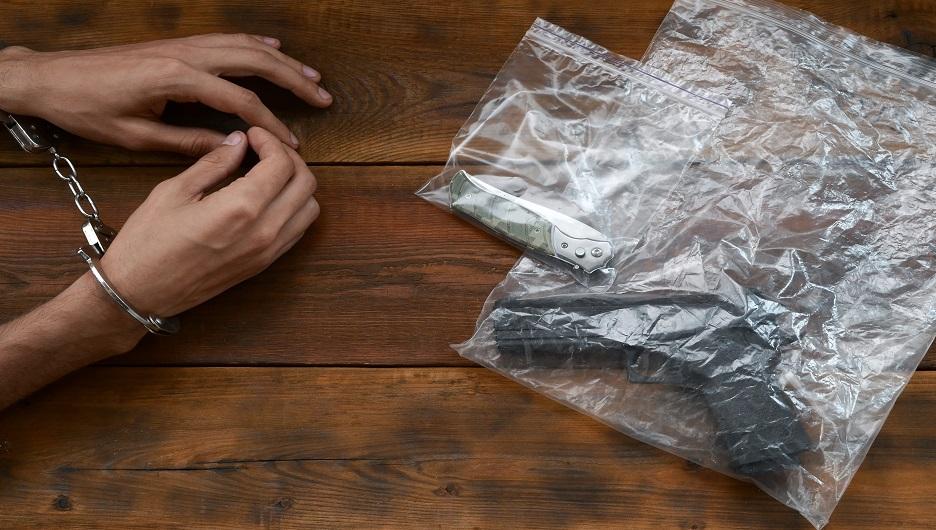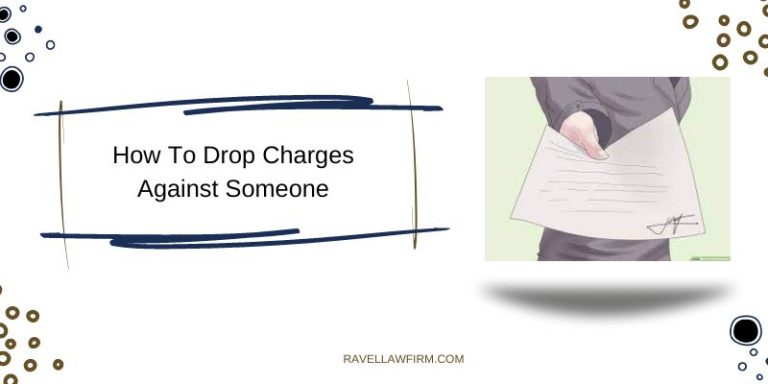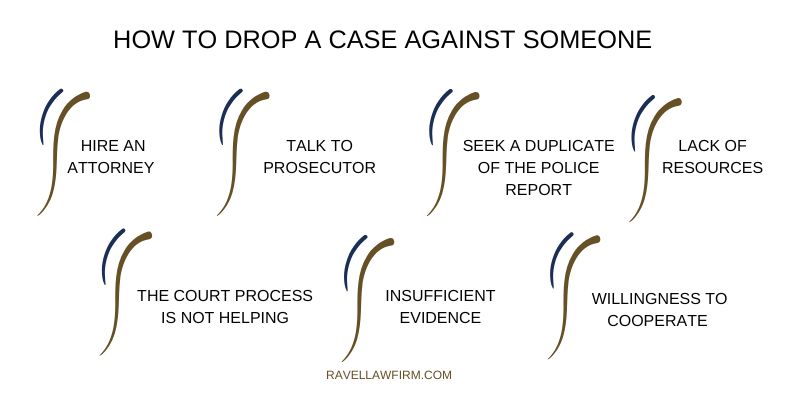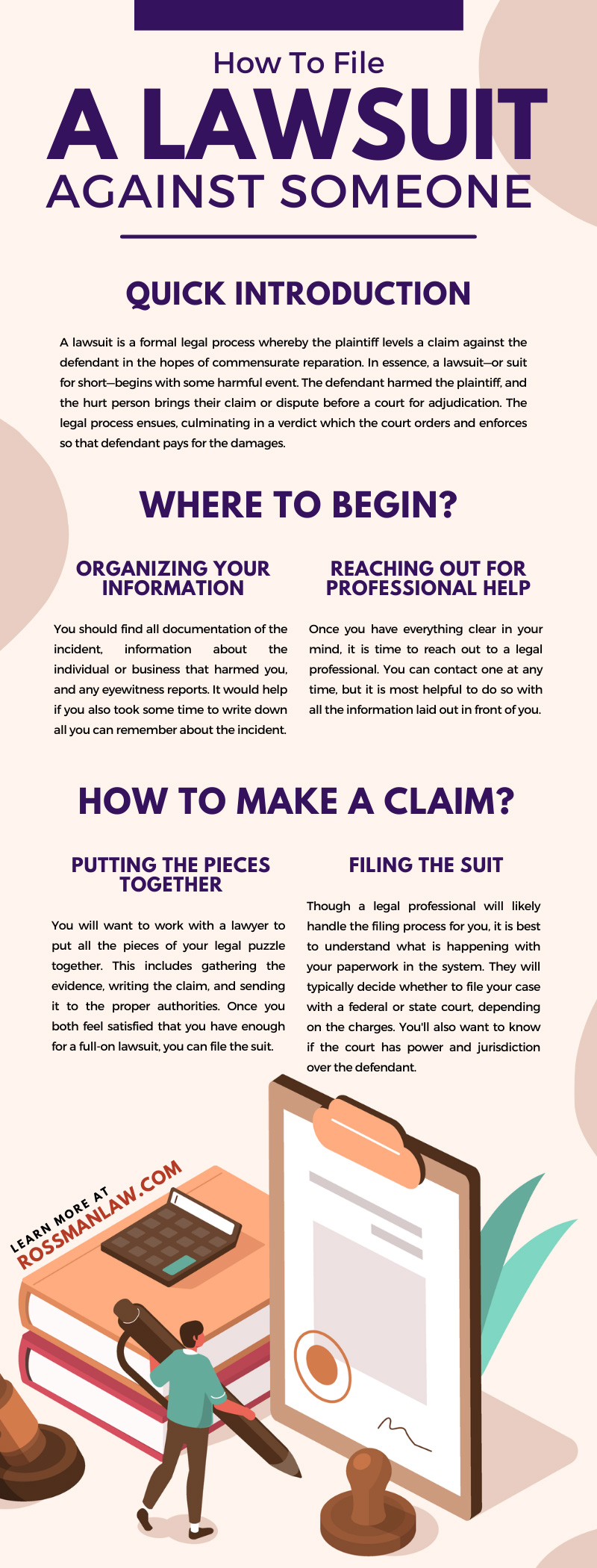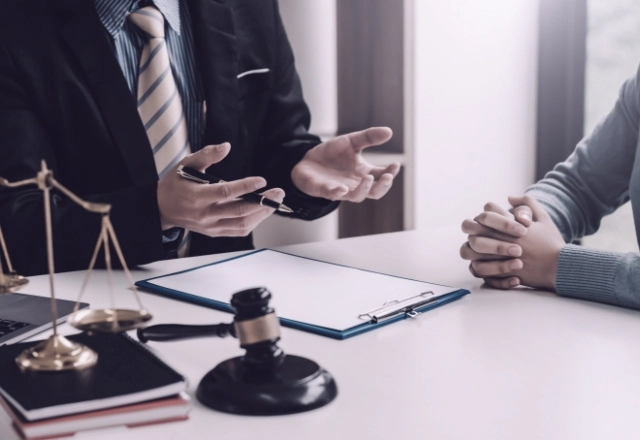How Can I Press Charges Against Someone

The question of how to press charges against someone is a common one, often arising during times of personal distress or perceived injustice. However, the process is not as straightforward as one might assume. It involves understanding the distinct roles of citizens, law enforcement, and the prosecuting attorney in the legal system.
This article aims to clarify the steps involved in initiating legal action, emphasizing the crucial distinction between reporting a crime and the decision to formally press charges. Knowing the correct procedures and the limitations of individual influence on legal outcomes can empower individuals seeking justice.
Understanding the Legal Framework
The key takeaway here is that individuals don't directly "press charges." Instead, they report a crime to law enforcement. The police investigate, and based on their findings, they may arrest a suspect.
Ultimately, the decision to formally file charges rests with the prosecuting attorney or district attorney's office. They review the evidence and determine if there is sufficient probable cause to pursue a case.
Reporting a Crime
The first step in initiating legal action is to report the alleged crime to the appropriate law enforcement agency. This could be the local police department, sheriff's office, or a specialized agency depending on the nature of the offense.
Be prepared to provide a detailed account of the events, including the who, what, where, when, and how of the incident. Documenting everything as soon as possible after the incident can be beneficial, while the details are still fresh in your memory.
Gathering evidence, such as photos, videos, or witness statements, can strengthen your case, but do not tamper with any evidence.
The Investigation Process
After a report is filed, law enforcement will conduct an investigation. This may involve interviewing witnesses, collecting evidence, and potentially arresting a suspect.
It's important to cooperate fully with the investigation, providing any additional information or assistance requested by the officers. Remember, lying to law enforcement is a crime itself.
Law enforcement's role is to gather facts and evidence. They do not decide guilt or innocence; that is the role of the courts.
The Prosecutor's Decision
Once the police have completed their investigation, they will present their findings to the prosecuting attorney. This is where the determination of whether to "press charges" is made.
The prosecutor will review the evidence to determine if there is sufficient probable cause to believe that a crime was committed and that the suspect committed it. They also consider factors such as the severity of the crime, the victim's wishes, and the likelihood of obtaining a conviction.
Even if a victim wants charges pressed, the prosecutor can decline if they believe the evidence is insufficient or that pursuing the case is not in the interest of justice.
Factors Influencing the Decision to Press Charges
Several factors can influence a prosecutor's decision. The strength of the evidence is paramount. Prosecutors are unlikely to pursue a case if the evidence is weak, contradictory, or inadmissible in court.
Witness credibility is another crucial factor. If witnesses are unreliable or have a history of dishonesty, their testimony may be deemed untrustworthy.
The victim's willingness to cooperate with the prosecution is also important. If a victim is reluctant to testify or participate in the legal process, it can significantly weaken the case.
What if Charges Aren't Filed?
If the prosecutor declines to file charges, it can be frustrating for the reporting party. However, it does not necessarily mean that justice has been denied.
In some cases, you may have the option to pursue a civil lawsuit against the alleged perpetrator. A civil suit allows you to seek monetary damages for harm suffered as a result of the alleged actions.
Consider consulting with a private attorney to explore your legal options and determine the best course of action. Consultation with legal expert can prove very helpful in deciding your next step.





